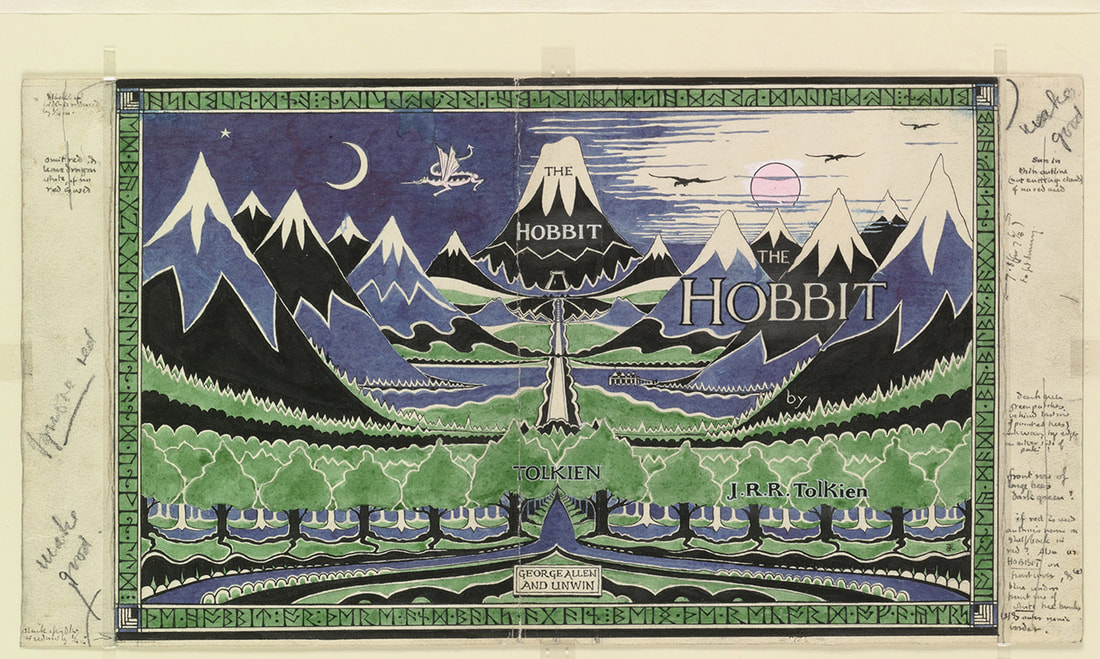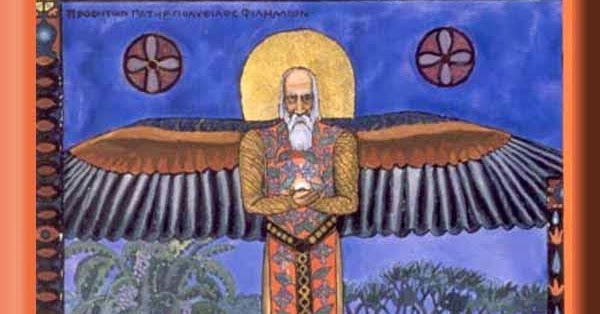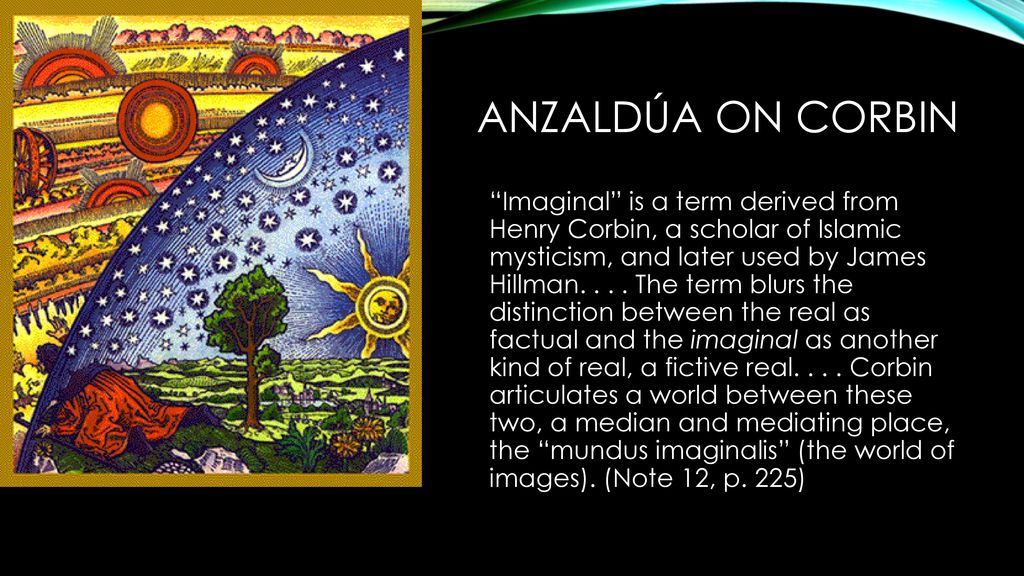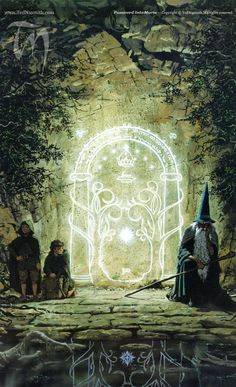In this video I explore Tolkien's Imaginal Realm & ask the question: was he really the Maker of Middle Earth or more of a visitor, an honoured guest & recorder of this most mysterious realm? ( text below)
audio recording: David Johnson
Tolkien: Maker of Middle Earth?
Anne Maria Clarke explores Tolkien's Imaginal Realm
Part Two
The realm of fairy-story is wide and deep and high and filled with many things: all mannerof beasts and birds are found there; shoreless seas and stars uncounted; beauty that is an enchantment, and an ever-present peril; both joy and sorrow as sharp as swords. In that realm a man may, perhaps, count himself fortunate to have wandered, but its very richness and strangeness tie the tongue of a traveller who would report them. And while he is there it is dangerous for him to ask too many
questions, lest the gates should be shut and the keys be lost.
Tolkien: Essay on Fairy-stories
Yet what is this realm, this mysterious other dimension ...far away and ever near – and who are the characters that inhabit it?
Tolkien named it Faerie, a realm of power he said and fantasy is the means of entering it. Carl Jung, the Swiss analyst called it the collective unconscious, to be reached via his notion of active imagination, whilst Henry Corban, the Suffi inspired French philosopher called it the imaginal or mundus imaginalis reached in prayer and meditation.
A philologist, a psychiatrist and a philosopher yet quite clearly visionary artists too, drawn through powerful experience, deep into the transpersonal, into the mystic.
They arose in my mind as 'given' things,
and as they came, separately, so too the links grew. An absorbing, though continually interrupted labour. Yet always I had the sense of recording what was already 'there', somewhere: not of inventing.
J.R.R.Tolkien: Letters
Writing to W.H, Auden he repeated what he had said to his son.
I dare say something had been going on in the 'unciousness'
for some time and that accounts for my feelings throughout that I was not inventing but recording...imperfectly...and had at times to wait for what really happened to come through.
J.R.R. Tolkien: Letters
When he began setting these things down around 1915 he was at a stage of his life when he felt he had lost contact with his soul and had set out to re-discover it.
My soul, where are you? Do you hear me?
I speak. I call you
Are you there?
Several characters appeared and spoke most notably a wise old man, a spirit guide of sorts, named Philemon, who had appeared in Ovid's Metamorphosis and in Geothe's Faust, a character not unlike Tolkien's Gandalf.
Later Jung said.
[Philemon] was simply a superior knowledge, and he taught me psychological objectivity and the actuality of the soul. He formulated and expressed everything which I had never thought.
replete with archetypes and active principles that interacted between that source and human consciousness.
crystalinks.com
The years when I pursued the inner images, were the most important time of my life. Everything else is to be derived from this. Everything later was merely the outer classification, scientific elaboration and integration into life. But the numinous beginning that contained everything was then.
Carl Jung: on the Red Book
Poetry is the only appropriate language for matters of the psyche, he says, the only language - save music and the sacred arts capable of rendering the mystery of the soul.
Between the last degree of time and the first degree of eternity....
Here he is writing about storytelling within the Suffi tradition in which stories, open doors to the imaginal realm and become initiations for teller and listener alike.
The mystical recital says what cannot be said or make itself known ....in any other way.... for the mystic does not recount a story, he is that story...but it is story that breaks visible history, since it is the passage to that which is hidden from the appearences of this world. The mystic is the object of this meta-historic story because it is in him that it takes place and this is why he is at the same time his agent, the actor and active subject.
Henry Corbin
The reciter, the deed recited and the hero of the recital are one sole and single reality and this takes place in every being, according to the measure of each being.
Joseph Campbell, the great mythographer is quite clear about how such offerings comes into being. They are glimpsed from above he says by those highly attuned souls who then render their experiences into poetic form.
Humility
The thresholds of such realms are not always easy to cross. All the more reason then to enlist the help of a guide. Myth, legend and fairytale are replete with guardian characters, not unlike Philemon, Gandalf and Virgil. Often a ritual cleansing must be undertaken before access to the mysteries may be gained. We must remove our shoes so to speak, shift our focus away from our everyday consciousness, as these aventurers have clearly done before us.
Yet humility is the quality most required in such endeavours and reverence too. It is not to be assumed that one might pass there and back again merely at will. For this is sacred ground, as Corbin reveals and sometimes we might not be able to match its frequency. We are spiritual beings of course - yet we are flesh and blood creatures too.....and so it is not always easy. The perils and pitfalls of hubris are ever present in such endeavours and so humility is our only true safeguard.
Grace
Then there was only the memory of what had been.
Much later, toward the end of his life, the short tale of Smith of Wootten Major came to him and he set it down in earnest. It was to be the last tale he wrote before his death in 1973. Some say it's auto – biographical in a way. Who knows! It certainly concerns the adventures of one such soul, the Smith's son, fortunate to come and go between Faerie and the everyday world by means of a fay-star discovered in a children's party cake – and it concerns the necessity too, many years later of giving up that star so that another might know its magic.
I will not spoil the tale for those who have not yet encountered it but I will tell a little of it's wonders; for at the end of all his travels, Star Brow, as he became known, not only has his memories - but the gift of a Living Flower also, a keepsake given to him by a beautiful Elven maiden with whom he once danced in the Vale of Evermorn. He did not know it at the time but she was the Fairy Queen herself, the anima mundi if you like, Soul of the World.
The flower did not wither nor grow dim; and they kept it as a sercet and a treasure. The smith made a little casket with a key for it, and there it lay and was handed down for many generations in his kin; and those who inherited the key would at times open the casket and look long at the Living Flower, till the casket closed again: the time of it's shutting was not theirs to choose.
Tolkien: Smith of Wootton Major
So have a mind to the words of this great man if ever you should wander in the deep, deep realms of Faery – and savour it whilst you can - lest the gates should be shut and the keys be lost.
Much love
Anne Maria Clarke
x x x
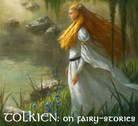
See also: Tolkien: On Fairy-Stories
Anne Maria Clarke explores
Tolkien's Master Class
http://www.annemariaclarke.net/blog/tolkien-m…
J.R.R. Tolkien:
On Fairy-Stories
Letters
Smith of Wootten Major
Dr Lance S. Owens: Tolkien: An Imaginative Life
https://youtu.be/SuDJ2JzfBT8
Carl Jung: The Red Book
James Hillman - The Red Book: Jung and the Profoundly Personal
https://youtu.be/CBQWN0fL430
Carl Gustav Jung and The Red Book," an all-day symposium, features presentations by prominent Jungian scholars.
https://youtu.be/SAURpBfGA1I
Becca Tarnas:The Back of Beyond: The Red Books of C.G. Jung and J.R.R. Tolkien
PhD Defense by Becca S. Tarnas
https://youtu.be/3soOYajHUBM
Henry Corbin: Mundus Imaginalis John Carey -
The Role of the Grail in Henry Corbin's Thought
https://youtu.be/6dgzeVOUe7M
